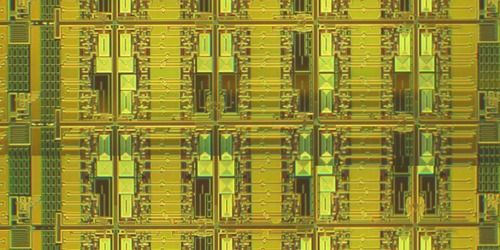Researchers have developed a computer algorithm that doesn’t solve problems but instead creates them for the purpose of evaluating quantum computers.
The desire for quantum computers stems from their potential to solve certain hard problems faster than classical computers. But those bragging rights haven’t actually been earned yet, as no experiment has shown this presumed speedup. Researchers from the University of Southern California, Los Angeles, and the Complutense University of Madrid, Spain, have devised an algorithm that generates extra hard problems that could offer quantum computers the chance to prove their worth.
The problems that the team focused on belong to the general class of optimization problems. The main example is the Ising model, which describes the interaction of a large number of spins within a lattice. The goal is to find the ground state, which is the orientation of spins that minimizes the interaction energy. The problem is computationally hard because there are many local minima (pseudo-ground-states) that can fool a search algorithm.
